Our Phase III Molecular Mechanisms and Genetics of Autoimmunity COBRE focuses on understanding the molecular and genetic basis of autoimmune diseases. Since its initial establishment in 2004, our COBRE has worked diligently to established partnerships with other OMRF COBRE Cores and OMRF in order to provide the technology and expertise necessary to transform OMRF into an internationally recognized center of excellence in autoimmune research. Over the past decade, our researchers have been at the forefront in the race to identify risk variants of inheritable systemic lupus erythematosus. Facilitating these discoveries are our COBRE statisticians and bioinformatics specialists (Quantitative Analysis Core) that analyze the high-throughput next-generating sequencing data generated (Genomics Core) in accordance with requests from our COBRE Investigators. In recent years, the scope of this COBRE has expanded to include the identification of risk variants associated with other autoimmune diseases including rheumatoid arthritis, scleroderma, Sjörgren’s syndrome, and sarcoidosis. As our COBRE advances into Phase III, we are looking to:
- Expand our services beyond autoimmune diseases to include other genetic diseases.
- Transition our research cores into sustainable, state-of-the-art core facilities that can support the high caliber research of our Center faculty and trainees
- Enable a fertile research environment through pilot funding and mentoring







